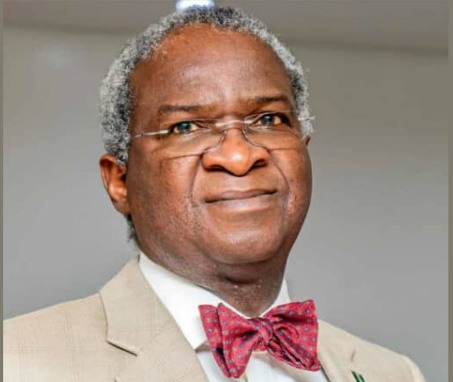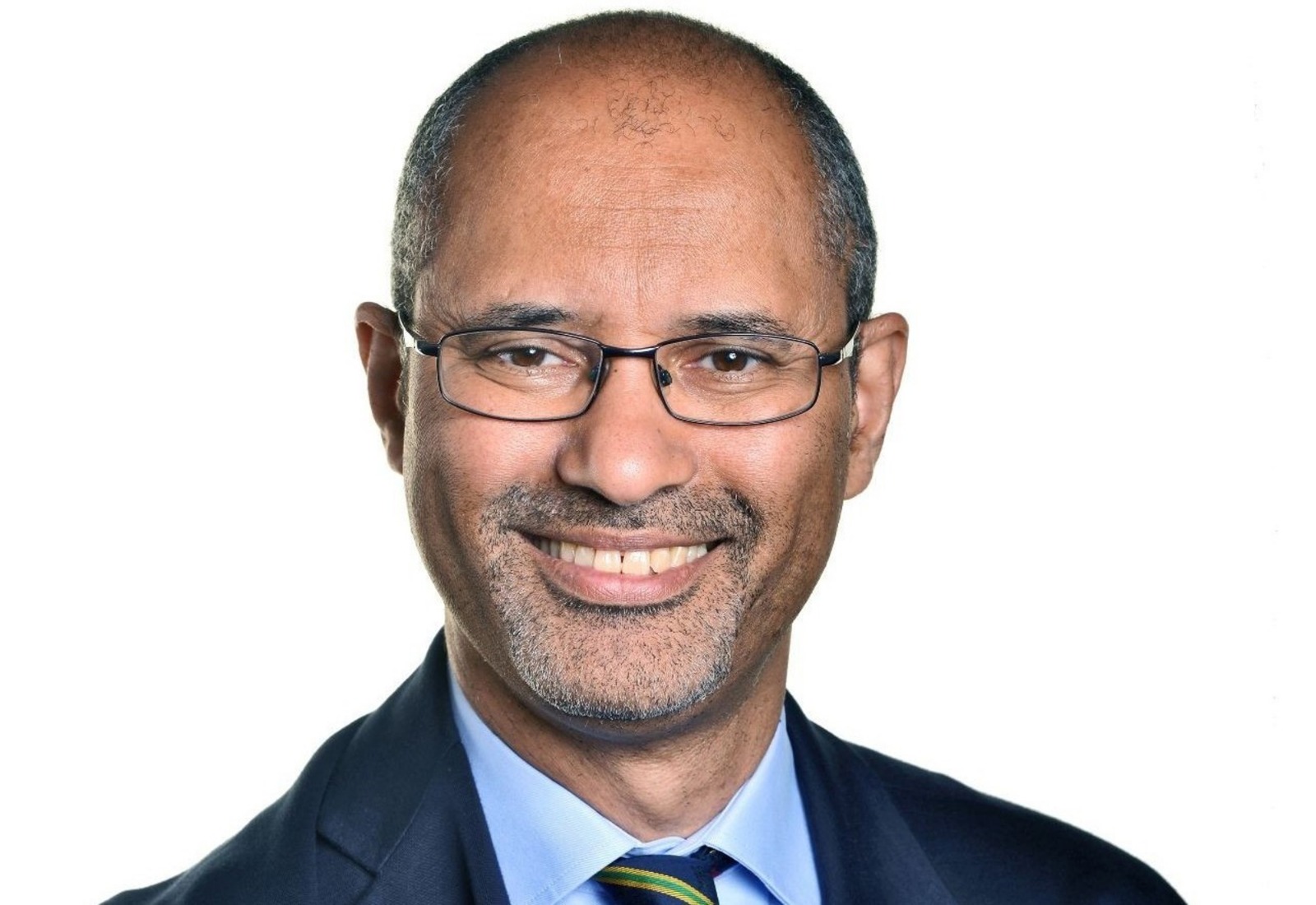By Abimbola Mohammed
Mr. Babatunde Raji Fashola (SAN), Minister for Works and Housing, has called for traffic education to be included in the school curriculum starting from primary school to tertiary education. This, according to him will drive a sane environment, smoother operation, and achieve better results from all the infrastructure put in place by the Lagos State government for effective Mega-city growth.
Fashola made this call during the 10th Anniversary Colloquium of the Lagos Traffic Radio, with the theme: “Integrated Transport system as a lifeline for economic growth” at D’Podium International Event Center, Adeniyi Jones, Ikeja, Lagos. Mr. Fashola, represented by Mr. Akeem Bello, noted that even though Traffic Radio has helped a great deal in giving real-time information on traffic flow in Lagos state, there is also the need for everyone to be educated on traffic laws from scratch.
His words: “Aside from the communication support that Lagos Traffic Radio, which anniversary we are celebrating has enriched the transportation ecosystem there are other opportunities and possibilities for other careers planning, management, financing and education and much more which informed the establishment of the school of transport in the Lagos State University (LASU) in the year 2014.
“As we build the infrastructure we must improve on education, I recommend that the state ministry of education, of course in collaboration with the ministry of transportation introduce traffic education into the school curriculum, drawn from the highway code and the traffic law for primary, secondary and tertiary schools in other to raise knowledgeable drivers that will be will obey traffic laws.”
The former Governor of Lagos state was optimistic that with proper implementation, Lagos will produce better motorists. “It is my belief that if this is properly implemented Lagos state would have produced a new generation of motorists who are more educated and aware of their rights and duties on our motorways.”
Speaking in support of the call, Engr. (Mrs.) Abimbola Akinajo, Managing Director LAMATA, said she supports the suggestion made by the honorable minister. Her words: “I particularly like what the minister said about training our children so that we can have not just educated people, but educated people that understand all the nuances of transportation and indeed mobility and I think that is an advice that we should take, and take seriously such that we will begin to inculcate an understanding of travelling on-road or whatever into generations as they come.”
She added that the majority of gridlocks and congestion are caused by bad behavior on the road, ignorance of the road signs, or lack of understanding of road etiquette.
Engr. Akinajo continued: “Let us start to teach our children so they know from a very young age why obeying traffic laws, obeying transportation rules and regulations are particularly important for the growth of our nation. Everybody goes on and on about how Nigeria needs to develop and grow but the little things that we need to do to ensure that the effect will work for us are something that we are lacking. I will say that what the minister said resonates with me.”
Prof. Bamidele Abiona Badejo, Dean, Faculty of Environmental Studies, Olabisi Onabanjo University, and Mrs. Mfon Ekong Usoro, President, Chgartered Instutute of logistics and Transport, represented by Mr. Francis Ehiguese, Vice President of the Institute expressed optimism that the suggestion will positively impact the society. While the Prof reminisced on an earlier school advocacy programme in Lagos between 2007 and 2011, Usoro assured that the Institute will be glad to partner with the State on this.
Her words: “When the honorable minister mentioned something about education I was quite glad, we have been canvassing this. There was a time we came to Lagos state ministry of education to put together a curriculum meant to develop transport education right from secondary school to university level. You will agree with me today that we have first degree and postgraduate level courses. We have this curriculum well developed, but it has not gone down to secondary school level.”
“I am going to take this message back to the Institute to see how we can collaborate with Lagos State to actually come up with a curriculum that is befitting for a state like Lagos.”





Comment
No comments found.